Islam and the West
£11.40
Hailed in The New York Times Book Review as “the doyen of Middle Eastern studies,” Bernard Lewis has been for half a century one of the West’s foremost scholars of Islamic history and culture, the author of over two dozen books, most notably The Arabs in History, The Emergence of Modern Turkey, The Political Language of Islam, and The Muslim Discovery of Europe. Eminent French historian Robert Mantran has written of Lewis’s work: “How could one resist being attracted to the books of an author who opens for you the doors of an unknown or misunderstood universe, who leads you within to its innermost domains: religion, ways of thinking, conceptions of power, culture–an author who upsets notions too often fixed, fallacious, or partisan.”
In Islam and the West, Bernard Lewis brings together in one volume eleven essays that indeed open doors to the innermost domains of Islam. Lewis ranges far and wide in these essays. He includes long pieces, such as his capsule history of the interaction–in war and peace, in commerce and culture–between Europe and its Islamic neighbors, and shorter ones, such as his deft study of the Arabic word watan and what its linguistic history reveals about the introduction of the idea of patriotism from the West. Lewis offers a revealing look at Edward Gibbon’s portrait of Muhammad in Decline and Fall of the Roman Empire (unlike previous writers, Gibbon saw the rise of Islam not as something separate and isolated, nor as a regrettable aberration from the onward march of the church, but simply as a part of human history); he offers a devastating critique of Edward Said’s controversial book, Orientalism; and he gives an account of the impediments to translating from classic Arabic to other languages (the old dictionaries, for one, are packed with scribal errors, misreadings, false analogies, and etymological deductions that pay little attention to the evolution of the language). And he concludes with an astute commentary on the Islamic world today, examining revivalism, fundamentalism, the role of the Shi’a, and the larger question of religious co-existence between Muslims, Christians, and Jews.
A matchless guide to the background of Middle East conflicts today, Islam and the West presents the seasoned reflections of an eminent authority on one of the most intriguing and little understood regions in the world.
In Islam and the West, Bernard Lewis brings together in one volume eleven essays that indeed open doors to the innermost domains of Islam. Lewis ranges far and wide in these essays. He includes long pieces, such as his capsule history of the interaction–in war and peace, in commerce and culture–between Europe and its Islamic neighbors, and shorter ones, such as his deft study of the Arabic word watan and what its linguistic history reveals about the introduction of the idea of patriotism from the West. Lewis offers a revealing look at Edward Gibbon’s portrait of Muhammad in Decline and Fall of the Roman Empire (unlike previous writers, Gibbon saw the rise of Islam not as something separate and isolated, nor as a regrettable aberration from the onward march of the church, but simply as a part of human history); he offers a devastating critique of Edward Said’s controversial book, Orientalism; and he gives an account of the impediments to translating from classic Arabic to other languages (the old dictionaries, for one, are packed with scribal errors, misreadings, false analogies, and etymological deductions that pay little attention to the evolution of the language). And he concludes with an astute commentary on the Islamic world today, examining revivalism, fundamentalism, the role of the Shi’a, and the larger question of religious co-existence between Muslims, Christians, and Jews.
A matchless guide to the background of Middle East conflicts today, Islam and the West presents the seasoned reflections of an eminent authority on one of the most intriguing and little understood regions in the world.
Read more
Additional information
| Publisher | Oxford University Press, Reissue edition (27 Oct. 1994) |
|---|---|
| Language | English |
| Paperback | 240 pages |
| ISBN-10 | 0195090616 |
| ISBN-13 | 978-0195090611 |
| Dimensions | 23.39 x 15.62 x 1.57 cm |

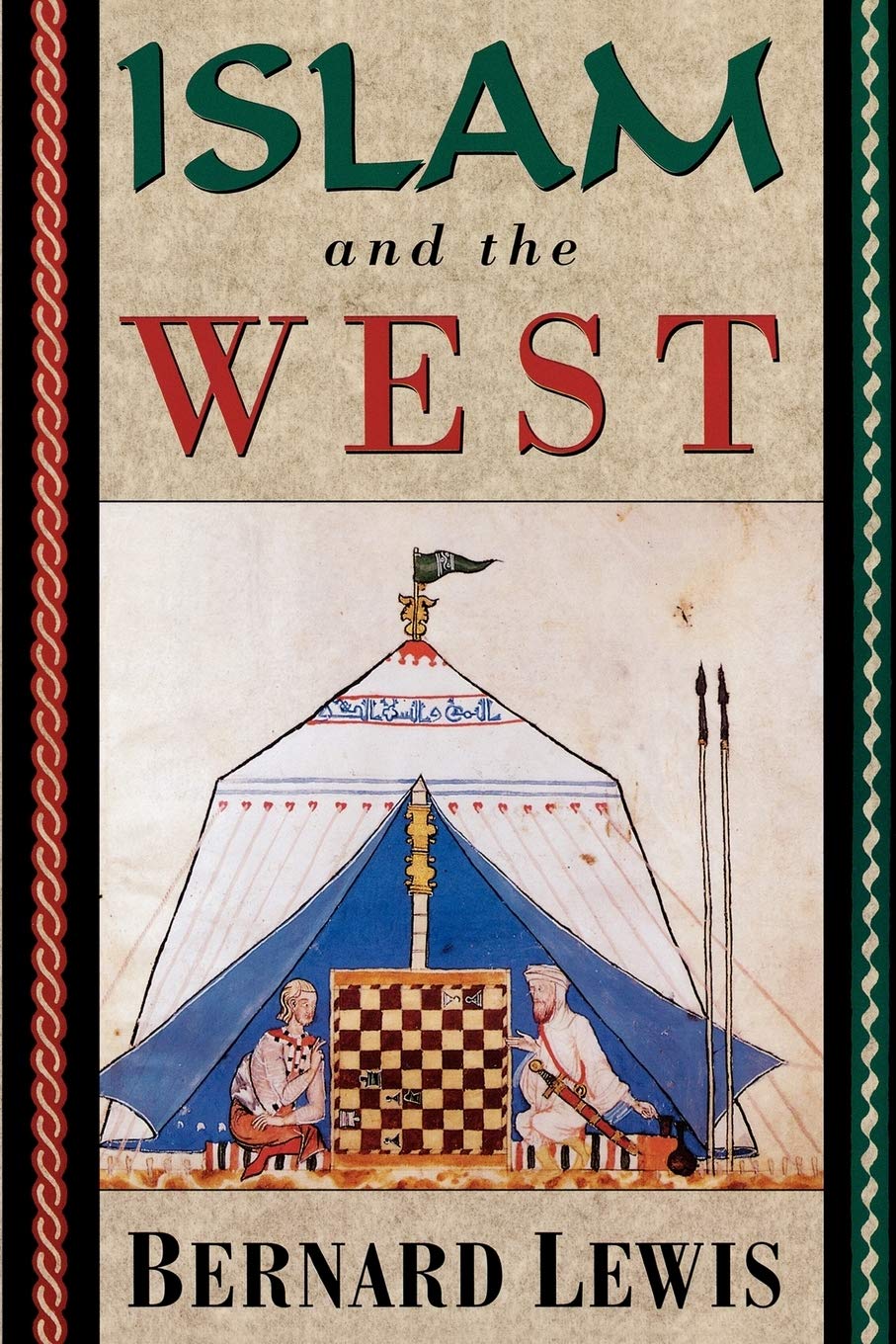
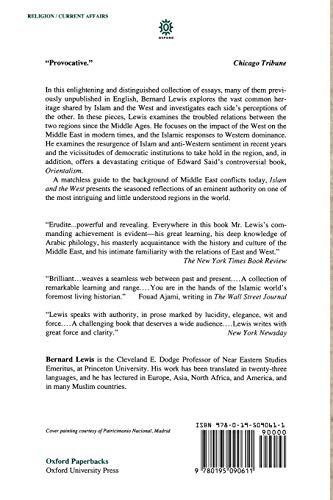
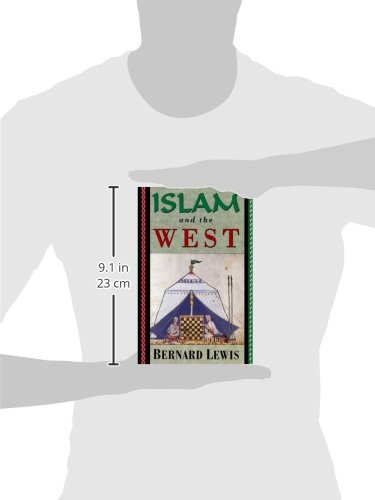
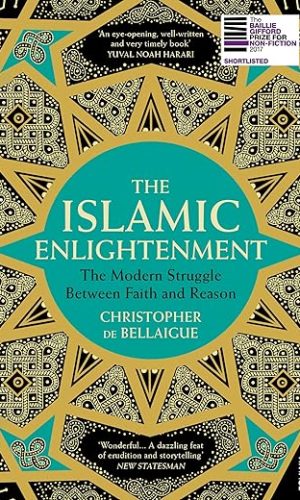

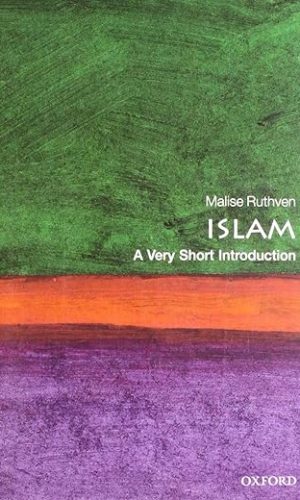
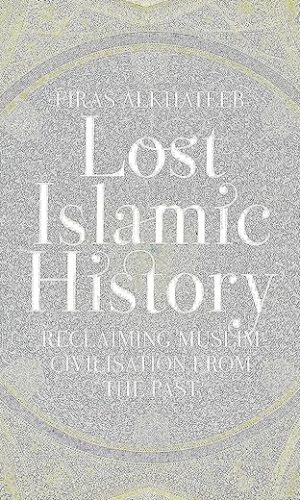

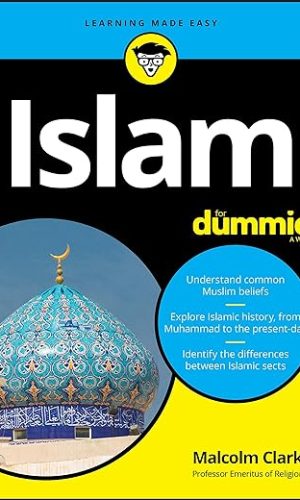
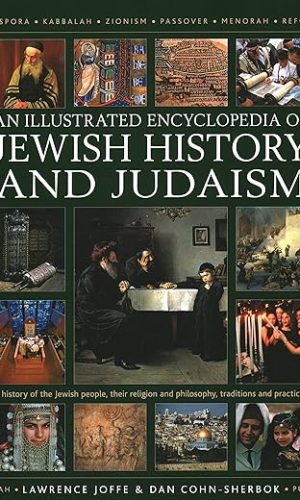
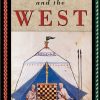
by j.bartholomeus
I am content with this book. I knew the writer and his work. The quality is high.
The looked good and was cheap.
Till next time,
Jan bartholomeus
by Oliver Dearlove
This is required reading for anyone following Trump politics. Bernard Lewis started life as a pointy-headed intellectual and wrote books like this. He tired of academe and became a ‘thinker’ advising a few of the last presidents, and became far more populist and richer as a result. So HIS views can account for the mess America is making of the Middle East over twenty years. Hence the required reading bit.
His pen is now still and according to his obituary in the Times his early works such as this – are far more readable and make more sense than the later works.
The Arabists in the British Foreign Office ( ‘the Camel Corps’) have lost influence over foreign policy in the last decade or so – they were excluded from discussions over the mess Bush and Blair made of Iraq and their counsel was replaced with stuff like this. This book is a must-read for 2018.
by cath edwards
gift
by Miles
This book constitutes a selection of writings by the first earnest student of the middle East, Bernard Lewis. Lewis has been maligned as an orientalist and has been the subject of much controversy largely due to his influence over the Bush administration with regards to the Iraq war.
This book includes some of his best scholarly pieces including his study of Gibbon and Muhammad. Undoubtedly, Lewis is at his best when he is dealing with history. Also included are articles Lewis authored to defend himself from criticism levelled against him by his perennial opponent and literary critic, Edward Said whose book Orientalism is a good read if one wants to understand the debate Lewis was participating in. In these journalistic chapters Lewis descends often into hyperbole and doesn’t engage honestly with his opponents criticism.
Moreover contrary to what one reviewer has said Lewis paints a fair and accurate image of the Islamic world in general and the late Ottoman Empire in particular. Lewis compelling argues, displaying his tremendous erudition, that the Muslim world was more tolerant of religious minorities than Christendom demonstrated by ,for example, the Ottoman Millet system. Lewis shows that the Muslim world before the treaty of Carlowitz was far ahead of the Christendom in terms of military force and learning.
In some areas his work suffers from a lack of rigorous scholarship. For example some claims are lacking footnotes and one source of evidence for his claim is that a young man informed him of it in shop.
Overall, a great collection of writings that illuminate the contemporary problems plaguing the Islamic world and certainly will provided arguments to engage with and critique.
by David
Given its size and target audience, this is an overview of the subject rather than an in-depth study. Lewis is clear about his own position as a Western Christian religious, but gives fair shrift to Eastern Christian thought and attitudes (which may be a first insight for many casual readers of the subject). A good coverage of the salvation of Western intellectual heritage by the shared Jewish/Islamic/Christian academic atmosphere in Cordoba in pre-1492 Spain. Food for thought as he considers Islam and Christianity as part of shared Western culture.
by Jennifer
When peace in Islam is imposed, Jews and Christians have the option to convert to Islam, pay the humiliation tax, Jizya in order to survive, or be killed. Arabs and all other religions must convert to Islam or die. This is the fate of the West, and all non-Muslim territory, the Land of War.
Allah’s holy Law of War,Jihad is in fact the most important religious duty in Islam, obligatory for all Muslims. This is absolutely clear in the Qur’an, the Hadith-traditional stories, the very first valid histories by Ibn Ishaq and Tabari, and Islamic law. Islam must reign supreme over all other religions and laws. Jihad is the pinnacle of Islam. It is indeed a great war for civilization.
Qur’an 9:29 Fight those who believe not in Allah nor the Last Day, nor hold that forbidden which hath been forbidden by Allah and His Messenger, nor acknowledge the religion of Truth, of the People of the Book, until they pay the Jizya with willing submission, and feel themselves subdued.
The phrase la ilaha illa allah in the Qur’an: in Mecca 37:35, 38:4-10 and Medina 47:19.
In these it means religious war for supremacy against all disbelievers.
Qur’an 47:19 Muhammad So know that La ilaha illallah, there is no god except Allah.
Maududi says: This was at the time of the battle of Badr. It is also entitled al-Qital, the Fighting, because it gives the firm command for Jihad, and its theme is to prepare the Muslims for war against disbelievers and to give them instructions about those who kill and those who are killed:
Qur’an 9: 111 Verily, Allah has purchased of the believers their lives and their properties for (the price) that theirs shall be the Paradise. They fight in Allah’s cause, so they kill and are killed.